Loan agreements with family or friends
I'm a parent and I want to financially help out my kids. What's the best way to do that?
You may want to help your kids get into their first home faster or help them out with much needed home renovations, but giving your kids money without a formal loan agreement or Binding Financial Agremeent in place carries real risks.
Oral agreements (or homemade written agreements with vague or uncertain terms) are unlikely to be enforceable, and in Australia the loan is presumed to be a gift if there is no loan agreement in place.
A formal loan agreement protects you and your kids. It increases the chance that you will get your money back if your child enters family law proceedings or bankruptcy.
Already lent the money? Whilst it’s best to have a loan agreement in place before you lend money, a retrospective agreement is better than nothing!
You should also consider whether you want a secured or an unsecured loan agreement, or, in other words, whether you want to put a mortgage or caveat over your kids’ property. If your kids are in a relationship or if they work in certain fields subject to a higher rate of negligence claims (eg working as a business owner or a surgeon) and you want to ensure you get your money back, a secured loan agreement is preferable if you want to rank ahead of other unsecured creditors waiting in line to be paid back.
You can also choose whether the debt can be forgiven on your death by creating a complimentary Will (which we can also help you prepare). Otherwise, the loan will remain owing to your estate.
Getting it wrong can end up with a large tax bill, the $$ ending up in a family court battle or them not being able to get a home loan.
A loan agreement is usually the best solution, but sometimes other legal tools are needed such as a Binding Financial Agreement, guarantee, deed of gift, severance of joint tenancy or a Will amendment are needed. Book a free 10 minute strategy session and we can let you know which legal tool will best protect your family.
My folks are lending me some money. What should I do next?
I'm a broker or financial planner and my first home buyer is receiving some funds from their parents. Should I encourage them to get a lawyer involved?
I’m looking to lend money to a friend or family member and want a secured loan agreement – should I lodge a caveat or a mortgage?
Depending on whether your parents have already engaged a lawyer to prepare a loan agreement, we can act for you to prepare the agreement.
Whilst you may not think it’s necessary to be advocating for an agreement to protect your parents’ interests, don’t forget that the agreement could protect you too if you’re in a relationship that could end up in a family law property settlement.
In family law property proceedings, gifts of money are treated as part of the pool of assets - which means a large part (if not all) your parent’s hard-earned money could be lost! If you have a loan agreement and clear evidence of loan repayments, then the debt should be repaid first as part of the proceedings before the distribution of assets takes place. .
Absolutely. Not only because it protects their parents’ money but it could also protect the money if the first home buyer ends up in family law proceedings down the track.
Having a loan agreement in place ensures the court doesn’t consider the money to be a gift and treats it as a debt instead. That way, an ex-partner doesn’t end up with what could be a large proportion of what was originally lent to help the buyer get into their first home (and defeating the purpose of the loan in the first place).
If you are a lender, you can secure your interest in a property arising out of a loan agreement by either lodging a mortgage or caveat on the borrower’s property.
A mortgage creates a security interest which allows a lender to take possession of and sell the secured property if the borrower is in default. The borrower will be required to obtain independent legal advice on the secured loan agreement first. You should note that if there is already a first mortgage on title, the first mortgagee (i.e. the bank) would need to consent to the second mortgage. A mortgage is the strongest form of protection for a loan. If you don’t want to involve a bank, lodging a caveat is an alternative option. A caveat isn’t as strong as a mortgage (i.e. if the borrower goes bankrupt, the caveator just joins the queue with other creditors). But it does stop the borrower from selling the property without the caveator’s consent.
Pricing
Depending on what you’d like us to do for you, our fees to prepare a Loan Agreement are:
INTER-FAMILY LOAN AGREEMENT - NO SECURITY
Includes 2 rounds of amendments and a conference
$770
INTER-FAMILY LOAN AGREEMENT - WITH CAVEAT (NO SETTLEMENT)
Includes 2 rounds of amendments and a conference and lodging a caveat. Plus disbursements (approx $80).
$990
INTER-FAMILY LOAN AGREEMENT - WITH MORTGAGE (NO SETTLEMENT)
Includes 2 rounds of amendments and a conference and lodging a mortgage. Plus disbursements (approx $180).
$1100
INTER-FAMILY LOAN AGREEMENT - WITH SECURITY + SETTLEMENT
Includes 2 rounds of amendments and a conference and lodging a caveat/mortgage as part of a settlement. Plus disbursements (approx $180).
$1350


